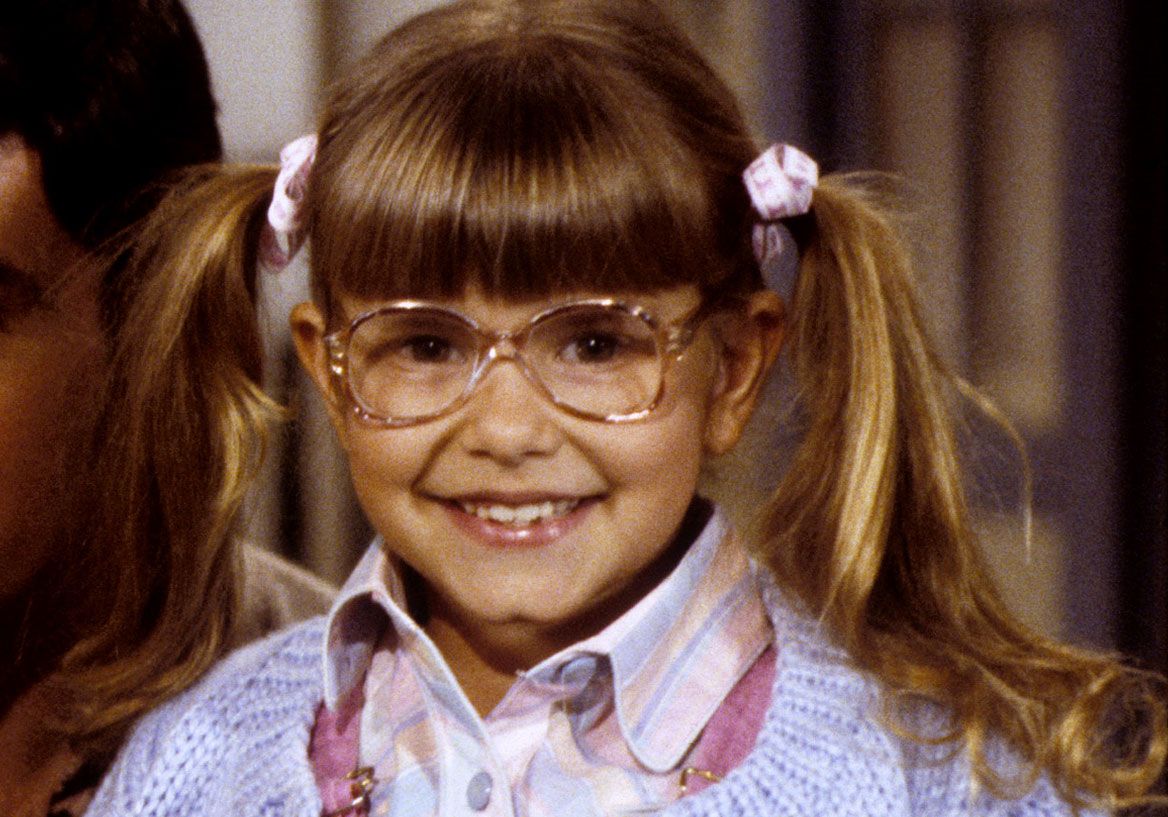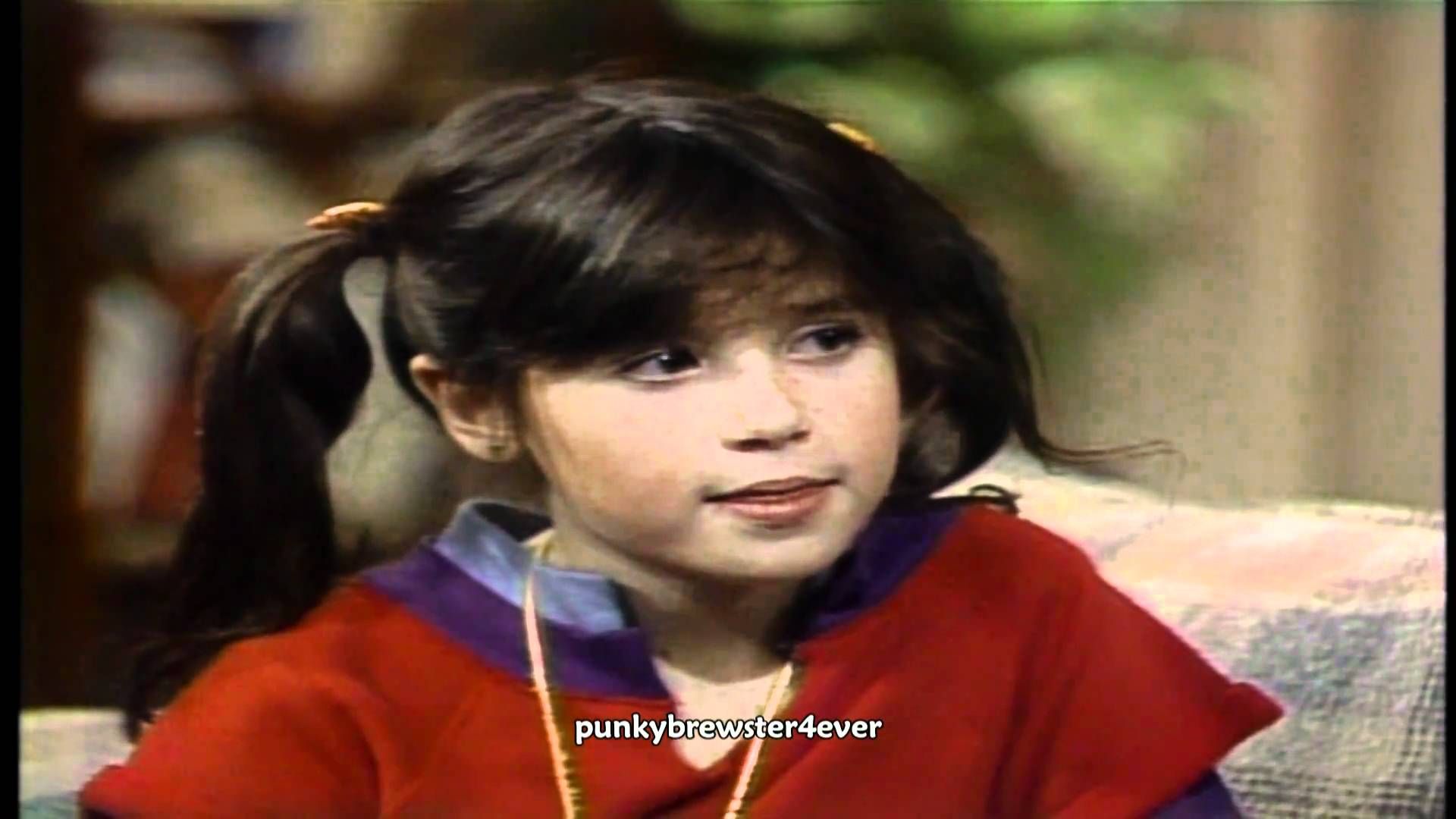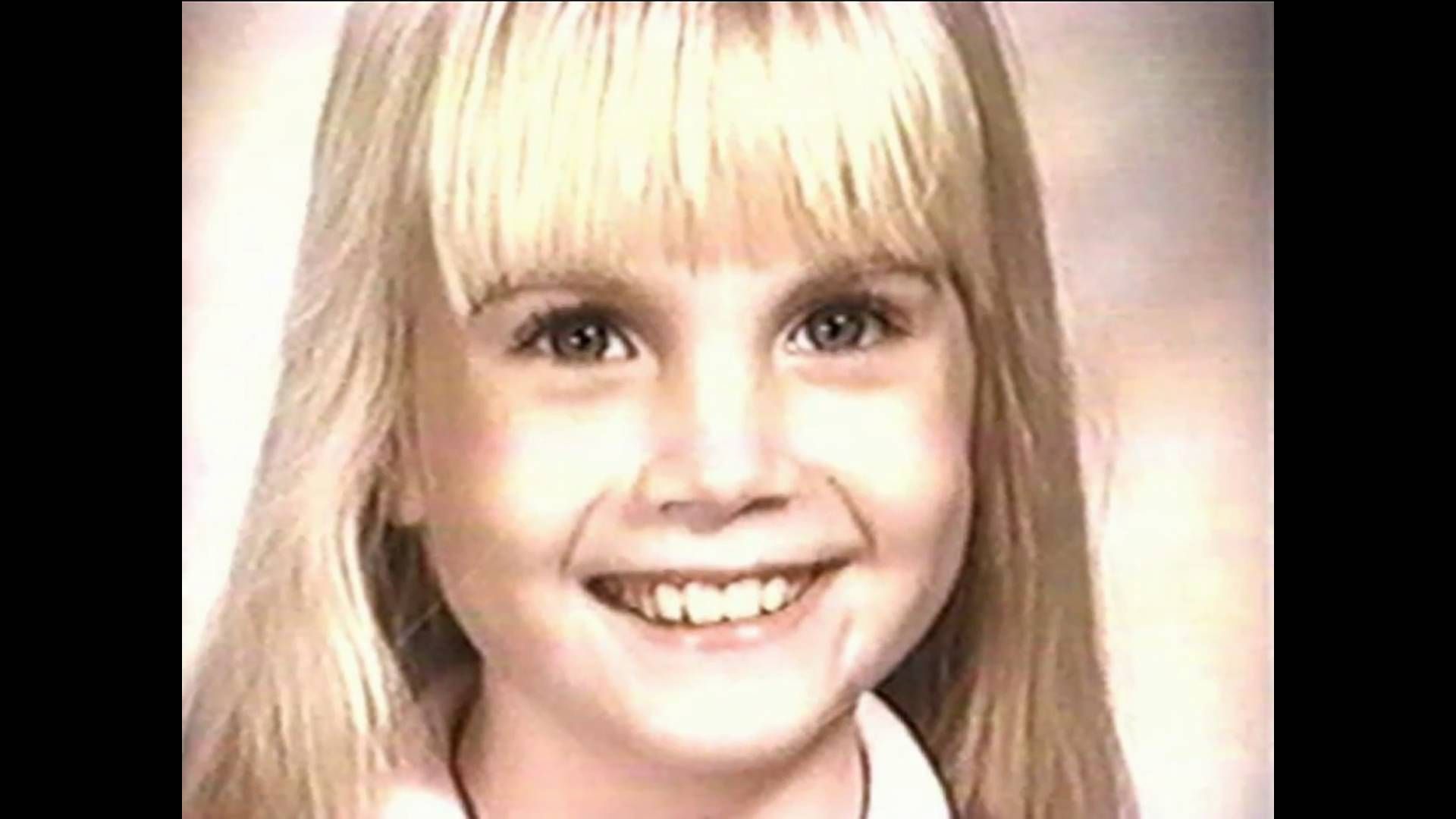The Tragic End Of Judith Barsi: Unraveling Her Final Days
The story of Judith Barsi is one that continues to haunt many, a heartbreaking tale of a child prodigy whose life was tragically cut short. Her bright career, filled with promise and talent, ended abruptly, leaving behind a legacy of unanswered questions and profound sadness. Understanding how did Judith Barsi die is not merely about recounting the facts of her passing, but delving into the dark circumstances that led to such an unimaginable loss.
Judith Barsi was a beloved and revered child actor, known for her captivating performances in film and television during the 1980s. Yet, behind the scenes of her budding stardom, a grim reality unfolded, culminating in a tragedy that shocked the nation. This article aims to meticulously detail the events surrounding her death, exploring the factors that contributed to this devastating outcome and reflecting on the enduring impact of her story.
Table of Contents
- Table of Contents
- A Star on the Rise: Judith Barsi's Brief Biography
- The Grim Discovery: How Did Judith Barsi Die?
- A History of Terror: The Abusive Home Environment
- The Fateful Day: July 25, 1988
- The Aftermath and Public Reaction
- Unraveling the Motive: Why Did Judith Barsi's Father Kill Her and Her Mother?
- The Legacy of Judith Barsi and Her Final Scene
- Lessons from Tragedy: Preventing Future Violence
- Conclusion: Remembering a Bright Light
A Star on the Rise: Judith Barsi's Brief Biography
Born on June 6, 1978, in Los Angeles, California, Judith Eva Barsi quickly became a familiar face in American households. Her undeniable charisma and precocious talent were evident from a very young age. Discovered at a skating rink when she was just five years old, Judith embarked on a prolific acting career that saw her appear in over 70 commercials, numerous television shows, and several feature films within a few short years.
Her most notable roles included the voice of Ducky in the animated classic "The Land Before Time" and Anne-Marie in "All Dogs Go to Heaven." She also made memorable appearances in live-action productions such as "Jaws: The Revenge" and various episodes of popular TV series like "Cheers" and "The Love Boat." Judith's ability to deliver emotional depth far beyond her years captivated audiences and critics alike, making her one of the most promising young talents of her generation. Her career was ascending rapidly, promising a future filled with continued success and recognition, which makes the question of how did Judith Barsi die all the more poignant.
Personal Data and Biodata: Judith Barsi
| Attribute | Detail |
|---|---|
| Full Name | Judith Eva Barsi |
| Date of Birth | June 6, 1978 |
| Place of Birth | Los Angeles, California, USA |
| Date of Death | July 25, 1988 |
| Age at Death | 10 years old |
| Occupation | Child Actor, Voice Actor |
| Notable Roles | Ducky (The Land Before Time), Anne-Marie (All Dogs Go to Heaven), Thea Brody (Jaws: The Revenge) |
| Parents | József Barsi (Father), Maria Virovacz Barsi (Mother) |
| Cause of Death | Homicide (Gunshot) |
| Perpetrator | József Barsi (Father) |
The Grim Discovery: How Did Judith Barsi Die?
The tragic answer to the question, how did Judith Barsi die, reveals a horrific act of domestic violence. On July 27, 1988, Judith and her mother, Maria Barsi, were found murdered in their West Hills, California, home. The discovery sent shockwaves through Hollywood and beyond, as the public grappled with the brutal reality behind the facade of a seemingly perfect child star's life.
Investigations quickly confirmed the perpetrator: Judith’s father, József Barsi. Reports indicated that Judith Barsi was shot and killed by her father, József Barsi. This heinous act was not a random crime but the culmination of years of terrifying abuse that had plagued the Barsi household. The details that emerged painted a chilling picture of a family living under constant threat, a stark contrast to the bright, cheerful image Judith projected on screen.
A History of Terror: The Abusive Home Environment
The tragic events of July 1988 were not sudden or unprovoked. They were the horrifying climax of a long and escalating pattern of domestic abuse perpetrated by József Barsi against his wife, Maria, and their daughter, Judith. Maria had confided in friends and agents about József's increasingly erratic and violent behavior, which included threats to kill them both and himself.
József's alcoholism exacerbated his paranoia and rage. He would often forbid Maria and Judith from leaving the house, threatening them with a knife. He even threatened to burn down their house. Judith, despite her young age, was acutely aware of the danger. She reportedly told friends that she was afraid to go home, fearing her father's outbursts. Maria had made attempts to seek help, even filing a police report about the abuse, but tragically, these efforts did not prevent the ultimate catastrophe. The abuse wasn't just physical; it was deeply psychological, creating an environment of constant fear that overshadowed Judith's burgeoning career.
The Fateful Day: July 25, 1988
The specific date of the murders is often cited as July 25, 1988. After years of terrifying abuse, József Barsi took his little girl's life on July 25, 1988, in a double murder-suicide. The sequence of events, pieced together by investigators, indicates a deliberate and horrifying act. József Barsi first killed Judith's mum, Maria Virovacz Barsi, before turning the gun on Judith. He then took his own life.
The bodies were discovered two days later, on July 27, 1988, by a neighbor who became concerned after not seeing the family for a few days. The discovery of József’s body, along with those of Maria and Judith, confirmed the horrific reality of a murder-suicide. Judith died on July 25, 1988, at the age of 10. The brutal finality of this act shocked everyone who knew the bright, energetic child and her devoted mother. It underscored the silent suffering that often occurs behind closed doors, even in seemingly affluent and successful households.
The Aftermath and Public Reaction
The news of Judith Barsi’s death sent ripples of disbelief and sorrow through the entertainment industry and the wider public. Less than two weeks after József brutally murdered his wife and daughter, the Los Angeles Times published a piece that detailed the tragedy, bringing the grim reality of domestic violence into the spotlight. The story of a beloved child actor meeting such a violent end resonated deeply, sparking conversations about child protection and the hidden dangers of abuse.
Tributes poured in from colleagues, friends, and fans. Judith's voice work for "The Land Before Time" and "All Dogs Go to Heaven" was completed posthumously, adding an extra layer of poignancy to her final performances. The memory of her bright smile and infectious energy, juxtaposed with the horrific manner of her death, left an indelible mark on those who followed her career. Her story became a tragic cautionary tale, highlighting the critical need for vigilance and intervention in cases of domestic abuse.
Unraveling the Motive: Why Did Judith Barsi's Father Kill Her and Her Mother?
The question, "Why did Judith Barsi's father kill her and her mother?" is central to understanding this tragedy. While no single motive can fully explain such an act, the police investigation and subsequent reports pointed to József Barsi's severe mental instability, fueled by chronic alcoholism and deep-seated paranoia. His abusive behavior had escalated significantly in the months leading up to the murders.
Maria had expressed fears that József was jealous of Judith's success, believing it was taking attention away from him. He also reportedly resented Maria's efforts to control his drinking and protect Judith. The financial strain, despite Judith's earnings, and József's inability to cope with his own perceived failures likely contributed to his deteriorating mental state. In his twisted reality, controlling and ultimately destroying his family became a perverse manifestation of his powerlessness and rage. The act was a desperate, violent assertion of control by a man consumed by his own demons, tragically ending the lives of those he was supposed to protect.
The Legacy of Judith Barsi and Her Final Scene
Despite her short life, Judith Barsi left an enduring legacy through her work. Her voice performances, particularly as Ducky in "The Land Before Time," continue to touch new generations of viewers. The line "Yep, yep, yep!" became iconic, a testament to her ability to bring characters to life with warmth and charm. Her final on-screen and voice acting performances, released after her death, carry a profound weight, knowing the tragic circumstances under which they were completed.
Now, every few years, the story behind her final scene in her various projects, and indeed her life, resurfaces, reminding the public of the young talent lost too soon. Her story serves as a powerful reminder of the fragility of life and the devastating consequences of unchecked domestic violence. Her memory is often honored by fans and advocates who use her story to raise awareness about child abuse and domestic violence, ensuring that her death was not entirely in vain.
Lessons from Tragedy: Preventing Future Violence
The horrific answer to how did Judith Barsi die serves as a stark reminder of the critical importance of recognizing and addressing signs of domestic violence and child abuse. Judith and Maria's story highlights the insidious nature of abuse, which often remains hidden behind closed doors, even when victims attempt to seek help.
Key lessons derived from this tragedy include:
- Recognizing Warning Signs: Friends, family, and professionals must be vigilant in recognizing signs of abuse, such as controlling behavior, threats, isolation, and sudden changes in a child's demeanor.
- Empowering Victims: It is crucial to provide accessible and safe avenues for victims to seek help, ensuring they feel supported and protected when they come forward.
- Intervention and Protection: Law enforcement and social services must have robust protocols for intervening in domestic disputes and protecting vulnerable individuals, especially children.
- Addressing Mental Health and Addiction: The case underscores the need for comprehensive support systems for individuals struggling with mental health issues and addiction, which can often be precursors to violent behavior.
- Community Awareness: Continuous public education campaigns are vital to raise awareness about domestic violence, break the cycle of abuse, and encourage a community-wide responsibility to protect children.
By understanding the factors that contributed to Judith's death, we can better equip ourselves to prevent similar tragedies in the future, ensuring that no other child has to endure the terror that Judith Barsi faced.
Conclusion: Remembering a Bright Light
The story of Judith Barsi is a profound and somber one, forever etched in the annals of Hollywood's tragic tales. Her vibrant talent and infectious spirit were extinguished far too soon, a devastating consequence of domestic violence. We now know that how did Judith Barsi die was not a mystery, but a brutal act committed by her own father, József Barsi, who also murdered her mother, Maria Virovacz Barsi, before taking his own life. This double murder-suicide on July 25, 1988, in their West Hills home, brought an end to a life that had only just begun to flourish.
Judith's legacy extends beyond her memorable performances; it serves as a powerful, enduring reminder of the hidden dangers of abuse and the urgent need for vigilance and intervention. Her story compels us to confront the uncomfortable realities of domestic violence and child abuse, urging us to protect the most vulnerable among us. As we remember Judith Barsi, let us not only mourn the loss of a talented child but also commit to fostering a world where every child can grow up safe, loved, and free from fear. Share this article to help spread awareness about the devastating impact of domestic violence, and consider supporting organizations dedicated to preventing child abuse and helping victims.



Detail Author:
- Name : Hillary Kiehn
- Username : yhudson
- Email : ywhite@yahoo.com
- Birthdate : 1972-10-23
- Address : 325 Malika Orchard Brakusmouth, TN 27865-3620
- Phone : 1-458-270-3719
- Company : Dare-Schultz
- Job : Library Assistant
- Bio : Porro et culpa enim tempore ad. Delectus sit sed consectetur perferendis temporibus iure dolorem.
Socials
twitter:
- url : https://twitter.com/egleason
- username : egleason
- bio : Et velit culpa sed repellendus rerum. Voluptatum exercitationem animi enim sunt laudantium ab omnis repellat. Repellat minus velit quisquam accusamus sed.
- followers : 590
- following : 2238
facebook:
- url : https://facebook.com/earlinegleason
- username : earlinegleason
- bio : Tenetur voluptatum quam velit explicabo numquam aliquid error.
- followers : 6795
- following : 2207
linkedin:
- url : https://linkedin.com/in/egleason
- username : egleason
- bio : Velit qui et nihil.
- followers : 4375
- following : 2145